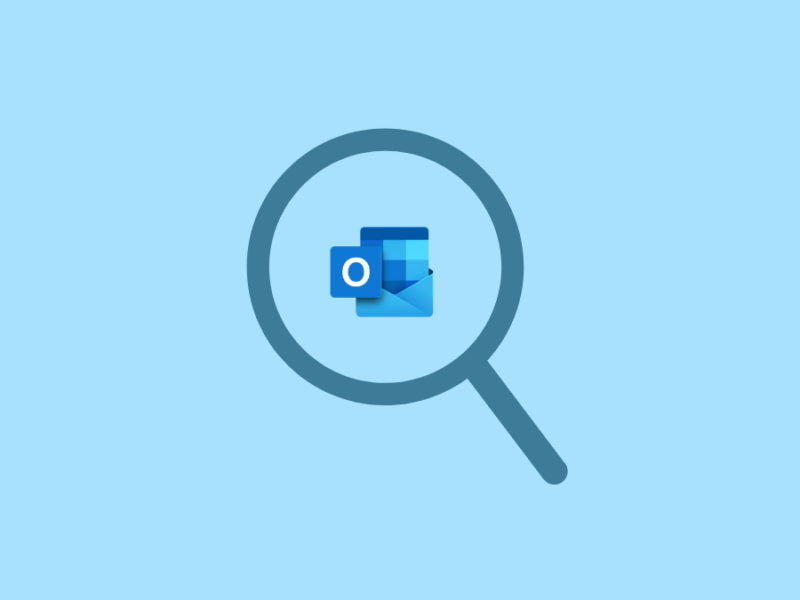Cloud computing consists of two terms one is Cloud & another one is Computing. To know what is cloud computing one has to understand the meaning of these two terms. Cloud is a metaphor for the Internet and computing means to accessing the data on cloud. Thus, in the simplest terms Cloud computing means to store and access data immediately on the net sooner than on your computer hard drive, just like what I am managing right now by typing this article on my laptop.
With cloud computing, you not just stash away your data over the internet, but can also access it or rather I should say work on it directly over the cyberspace. The most elementary example of Cloud computing is using the Cloud based email services like Gmail, Yahoo, Rediff mail and so on. You do not have to install it on your machine to use them rather you only have to login and use it. Thus, the cloud computing model is nothing new to us, it’s just we weren’t aware about it earlier.

Where do our data go when we save something on Cloud?
It’s yet a question mark for many users that if we save or store something in the cloud then where does it go? Is there any physical location? Is there anyone looking after our data? Apparently the answer is yes. There is a physical position where these data get stored and being handled. Every cloud computing service provider has their huge servers located across the world where these data get stored. They make sure that every time you request to access your set of files, it will be available to you irrespective of your location and device.
Discover all the Advantages of Cloud Computing
Nowadays cloud computing is not a new term. In fact, according Yahoo’s search team report, “What is Cloud Computing” is the one of the Yahoo’s Top Searched Questions of 2015. But still there is a doubt upon its advantages and disadvantages. If you ask me, I will definitely support cloud computing because it’s a boon for all the others like me. Only for those who have yet to decide the difference between online store and cloud computing, here is the list of pros & cons of Cloud computing.
- You don’t have to wait to get home and work on your computer to control your mail or update the accounts. Cloud computing helps you to access your data shared on a cloud; anywhere, anytime and on any gimmick.
- No risk of data loss. If something went wrong with your hard disk you may permanently lose your data until you don’t keep a backup of it. On the other hand, if your data is preserved on cloud, it can be accessed, removed or restored any time you require it.
- Freedom of work. Cloud computing provides you the flexibility of work. If you are updating any presentation or documents at your office but want to do it later at home too then you only need to login to your cloud computing portal and continue your work on the same data.
- Due to various protection levels and protection features provided by the cloud computing service providers, it’s virtually inconceivable for anyone to hack or access your data without your notification. So it’s secure too.
- Group project is easy. Cloud computing allows multiple users to work and make changes on the same project and they can discuss upon it in real time. It’s helpful for student, instructors or colleagues working on the same project, only sitting in different locations.
- There is no downtime. Have you ever heard about the services like Gmail, Yahoo Mail are down? No I guess not. Because they really don’t. You can access your data any time without facing any server downtime.
Once you start using and researching more about cloud computing; you will find many unturned stones. This technology make tasks easier and less time consuming for us. It’s not just a simple online storage and there is a huge difference between cloud storage and cloud computing model. Both have its own demands and benefits so; if you still use your computer hard drive to store your data and worried about losing them, then it’s the time for you to switch to cloud computing and know how cloud computing works.

